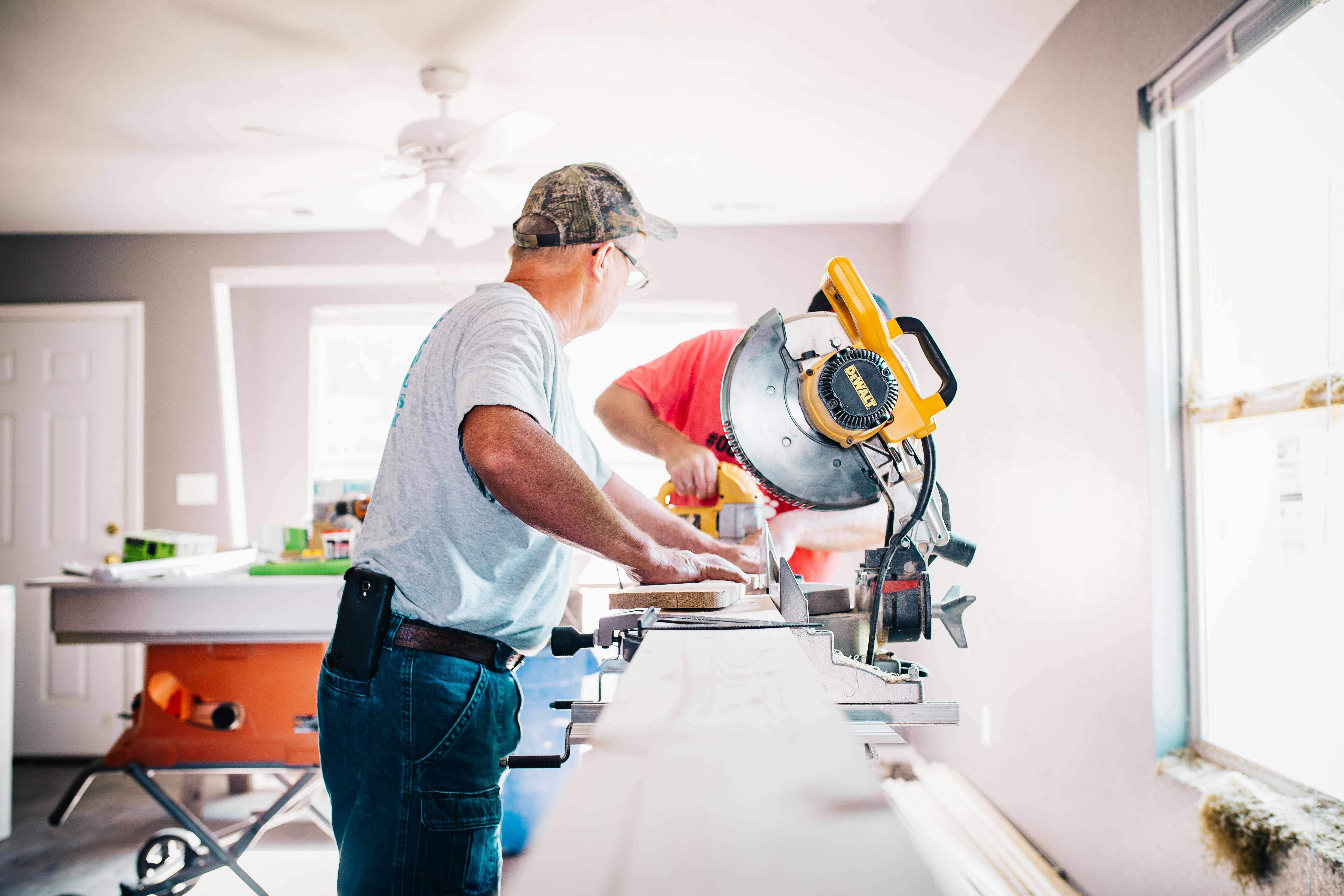Enhance Your Garage Floor Surface with an Easy Coating Method
Transforming your garage floor from dull and stained to sleek and durable is easier than you might think. Garage floor coatings offer a practical and aesthetically pleasing solution to protect your concrete surface while enhancing the overall look of your space. This article will explore the benefits of garage floor coatings, focusing on epoxy solutions, and guide you through the process of selecting and applying the right coating for your needs.

What are the advantages of garage floor coatings?
Garage floor coatings provide numerous benefits that go beyond mere aesthetics. These coatings create a protective layer that shields your concrete floor from oil stains, chemical spills, and general wear and tear. The smooth, sealed surface is also easier to clean and maintain, reducing the time and effort required for upkeep. Additionally, high-quality coatings can increase the lifespan of your garage floor, potentially saving you money on repairs or replacements in the long run.
How does epoxy coating for concrete work?
Epoxy coating for concrete is a popular choice for garage floors due to its durability and attractive finish. This type of coating consists of a two-part system: a resin and a hardener. When mixed, these components create a chemical reaction that results in a tough, plastic-like material. The epoxy is then applied to the prepared concrete surface, where it bonds strongly, creating a seamless and impermeable layer. This coating not only protects the concrete but also enhances its appearance with a glossy, professional-looking finish.
What is the process for applying an epoxy coating for garage floors?
Applying an epoxy coating to your garage floor involves several crucial steps:
-
Surface Preparation: Thoroughly clean the concrete floor and repair any cracks or damage.
-
Etching: Apply an acid etcher to open up the concrete’s pores for better adhesion.
-
Priming: Apply a primer coat to ensure proper bonding of the epoxy.
-
Mixing: Combine the epoxy resin and hardener according to manufacturer instructions.
-
Application: Spread the epoxy evenly across the floor using a roller or squeegee.
-
Curing: Allow the epoxy to cure fully, which typically takes 24-72 hours.
-
Optional Top Coat: Apply a clear coat for additional protection and shine.
Proper preparation and application are key to achieving a long-lasting and attractive finish.
What factors affect epoxy garage floor cost?
The cost of an epoxy garage floor coating can vary significantly based on several factors. These include the size of your garage, the condition of the existing concrete, the quality of the epoxy product chosen, and whether you opt for professional installation or a DIY approach. Additionally, any custom designs, color flakes, or special finishes will add to the overall cost.
| Service Type | Provider | Cost Estimation (per sq. ft.) |
|---|---|---|
| DIY Epoxy Kit | Home Improvement Stores | $3 - $7 |
| Professional Basic Epoxy | Local Contractors | $3 - $5 |
| Professional Premium Epoxy | Specialized Coating Companies | $7 - $12 |
| High-End Decorative Epoxy | Custom Flooring Specialists | $12 - $20 |
Prices, rates, or cost estimates mentioned in this article are based on the latest available information but may change over time. Independent research is advised before making financial decisions.
It’s important to note that while DIY kits may seem more cost-effective initially, professional installation often provides better long-term results and may be more economical in the long run due to increased durability and proper application techniques.
How do you maintain an epoxy-coated garage floor?
Maintaining an epoxy-coated garage floor is relatively simple, which is one of its major advantages. Regular sweeping or dust mopping will keep the surface free of abrasive particles that could potentially scratch the coating. For more thorough cleaning, a damp mop with a mild soap solution is usually sufficient. Avoid using harsh chemicals or abrasive cleaning tools that could damage the epoxy surface. Promptly clean up any oil spills or chemical drips to prevent staining. With proper care, an epoxy-coated garage floor can maintain its appearance and protective qualities for many years.
What are some alternatives to epoxy for garage floor coatings?
While epoxy is a popular choice, there are other garage floor coating options available:
-
Polyurethane Coatings: Offer excellent chemical and abrasion resistance.
-
Acrylic Sealers: Provide a cost-effective option with good UV resistance.
-
Polyaspartic Coatings: Fast-curing and suitable for extreme temperatures.
-
Rubber Floor Coatings: Offer slip resistance and comfort underfoot.
-
Interlocking Tile Systems: Provide a removable and customizable flooring solution.
Each alternative has its own set of pros and cons, and the best choice depends on your specific needs, budget, and garage conditions.
In conclusion, garage floor coatings, particularly epoxy-based solutions, offer an effective way to enhance and protect your garage floor surface. By understanding the application process, costs involved, and maintenance requirements, you can make an informed decision about whether an epoxy coating or another alternative is the right choice for your garage. With proper installation and care, a coated garage floor can provide years of durability, easy maintenance, and improved aesthetics, making your garage a more functional and appealing space.




